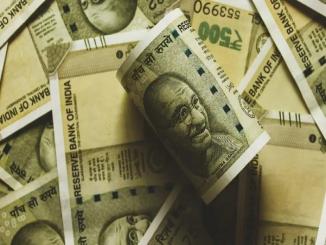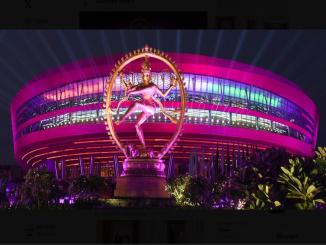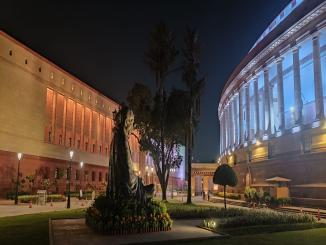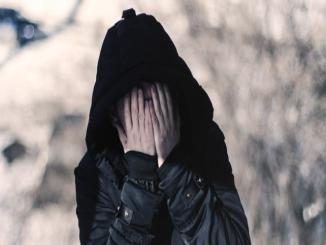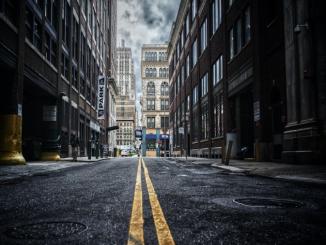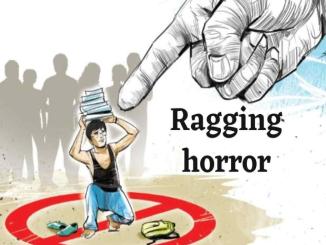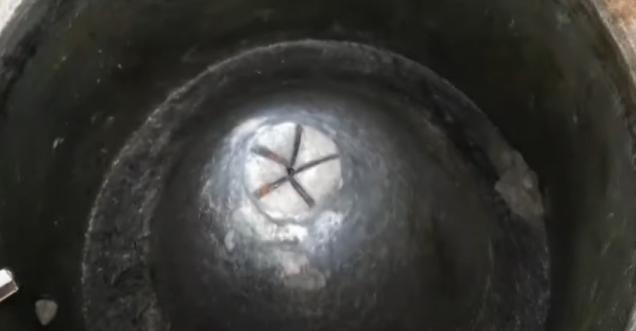
Gyanvapi Case: Supreme Court approves ASI survey of Gyanvapi
Supreme Court On Gyanvapi Case: The Supreme Court has given permission for the ASI survey of the Gyanvapi campus of Varanasi. The mosque side had filed a petition opposing the decision of the Allahabad High Court in this regard, but the Supreme Court said that it does not see any need to interfere in the order of the High Court.
Gyanvapi Case is a court case in India that is challenging the ownership of the Gyanvapi Mosque in Varanasi, Uttar Pradesh. The case was filed in 2020 by a group of Hindu women who claim that the mosque was built on the ruins of a Hindu temple. The case is still ongoing, but it has sparked a debate about religious freedom and the rights of minority groups in India.
The Gyanvapi Mosque was built in the 17th century by the Mughal emperor Aurangzeb. The mosque is located in close proximity to the Kashi Vishwanath Temple, which is one of the holiest sites in Hinduism. The Hindu women who filed the case claim that the mosque was built on the ruins of the Kashi Vishwanath Temple. They also claim that they have a right to worship at the site.
The case has been controversial since it was filed. The Muslim community in India has opposed the case, arguing that it is an attempt to change the religious character of the mosque. The Hindu community has supported the case, arguing that it is an attempt to restore the religious rights of Hindus.
The Gyanvapi Case is a complex and sensitive issue. It raises important questions about religious freedom, the rights of minority groups, and the role of the courts in resolving religious disputes. The case is still ongoing, and it is unclear what the outcome will be.
Supreme Court Chief Justice DY Chandrachud, Justice JB Pardiwala and Manoj Kumar Mishra's bench heard the arguments of senior advocate Huzaifa Ahmadi, appearing for Varanasi's Anjuman Intezamia Masjid Committee, for a long time. Ahmadi expressed apprehension of damage to the building but the judges said that the ASI has given an affidavit to conduct the survey without damaging the building.
The plea of the Places of Worship Act was not heard
Ahmadi also said that it is not just limited to damage to the structure. This survey should not have happened at all. Getting this kind of survey done would be like scratching an old wound. Under the Places of Worship Act, all religious buildings have been told to maintain the 1947 form. On this, the Chief Justice said, "You can give this argument in the lower court, but on the basis of this, the order to investigate the facts cannot be stayed."
'Can't call faith baseless'
The counsel for the mosque side then said, "Is it right to order a scientific survey on any baseless petition like this?" Chief Justice Chandrachud immediately stopped him saying, "What you are saying is baseless, it may be a matter of faith for the other side, why should we comment on it?"
The Chief Justice said, "The judge of the lower court can order a scientific inquiry to verify the facts at any stage. The report of the survey is never considered the final conclusion of the case. That report is presented in the court." And both the parties argue the same, therefore, we do not see any need to interfere with this order."
What's the problem with the truth coming out?'
Apart from this, the court also heard the arguments of Solicitor General Tushar Mehta, appearing for the UP government and ASI, and senior advocate Madhavi Dewan, appearing for the Hindu side. Madhavi Dewan said, "On the one hand, the Masjid side calls our claim of the presence of deities in the Gyanvapi complex as fiction, on the other hand, it also opposes the survey. After all, how can they do both of these things? If our words are fiction So what's the problem with them letting the truth out?"
No order on confidentiality of survey report
In view of Huzaifa Ahmadi's continuous arguments against the survey, Justice Parddiwala, a member of the bench, suggested that the ASI's report may be ordered to be handed over to the court in a sealed cover so that it cannot be made public at present. . Ahmadi did not agree to this at the time, but at the end of the hearing when it became clear that the Supreme Court was not going to stay the survey, he repeatedly said that at least the report of the survey should be kept confidential. be ordered. But the Supreme Court did not include it in the formal order.





